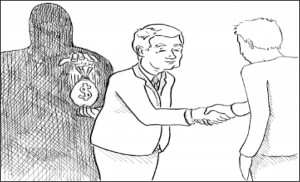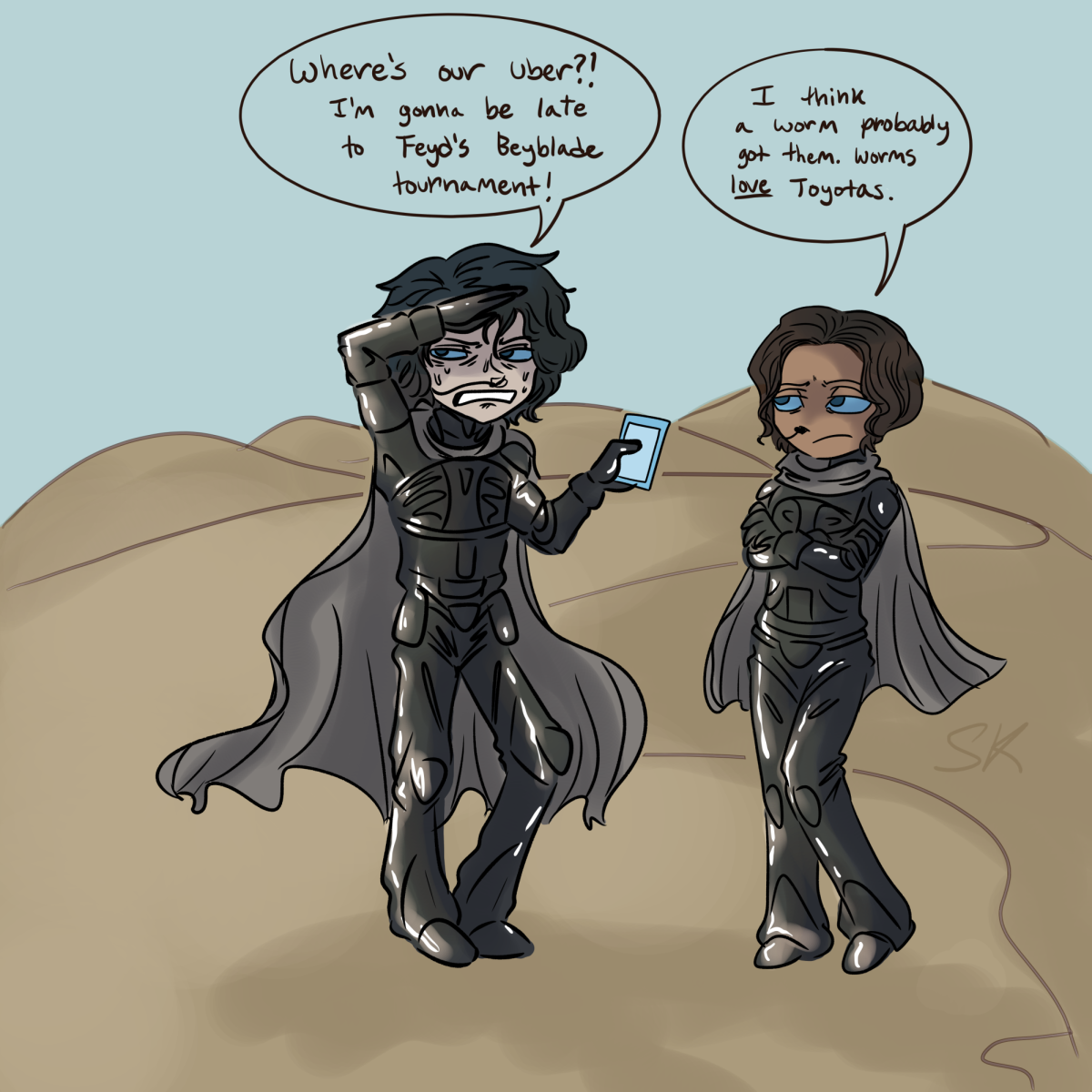I like to think that I have a lot of power as an American citizen. I can vote for candidates, write my legislator with concerns and protest government policies. I even get to try to influence the views of others by writing articles such as this one.
Yet, the money in politics makes me realize that no matter how hard I try as a citizen, I will never have a comparable amount of political power equal to that of money.
If American citizens want their voices to truly be heard as I do and not diluted by the corrupting influence of monetary campaign contributions, elections must be publicly financed.
Politicians always claim to be populists concerned with the everyday problems of ordinary Americans. As they campaign for office every election, they tell us they will fight for us and make sure our collective voice will be heard.
Yet, in every election our political leaders allow the money that finances their campaigns to dictate their decisions and actions, rather than the American electorate’s votes and concerns.
The economic collapse in 2008 highlights the problem of privately funded political campaigns. No American citizen wanted the economy to fall apart in 2008. People’s entire pensions and life savings and were depleted. Families lost homes due to foreclosure. Businesses went bankrupt; many just trying to survive the next day by breaking even.
This could have been prevented. The passage of the 1999 Financial Modernization Act, which repealed the 1933 Glass-Steagall Act, was the main cause behind the 2008 economic collapse. The 1999 Act removed the provision in the Glass-Steagall Act that separated investment and commercial banking.
Removing this restriction did nothing to help consumers; it only helped the banking, insurance and brokerage industries. This is why these three industries spent over $300 million during 1997 and 1998 in campaign contributions to both political parties and lobbying efforts to repeal the Glass-Steagall Act.
Some politicians were wise enough to remember the lessons of the Great Depression and saw that this law was going to create another economic collapse like it. Rep. John Dingell (D-Michigan) warned on the House floor in 1999 that banks would “become too big to fail.”
In 2008, Dingell’s warning had become an eerie truth. Commercial banks had been acquired and merged with other investment banks and insurance companies.
These new financial conglomerates were now too big and interdependent with each other to be trusted with billions of dollars of America’s wealth. If one financial institution ran into financial problems and went bankrupt, the other financial institutions would be at risk for bankruptcy too.
This is exactly what happened. The biggest financial institutions in America sell and trade financial derivatives.
Derivatives are financial instruments that allow investors to make speculative bets on anything from simple futures contracts on commodities to more complex financial instruments such as collateralized debt obligations (CDO) and credit-default swaps (CDS).
Investors bet on different financial derivatives depending on if they thought the housing market prices would continue to rise or begin to fall. The problem with those complex financial derivatives like CDOs and CDSs was that the five biggest banks in the U.S. owned 96 percent of all U.S. bank-owned derivatives.
When the housing market collapsed in 2008, financial derivatives like CDOs and CDSs imploded in value. This meant that the biggest banks were losing most of its money, if not going bankrupt like Lehman Brothers. Now that the banks were interdependent, this meant the whole financial system was at risk.
The banks had lobbied for the repeal of the Glass-Steagall Act to become bigger and make more money. Banks reached their goal. In the process, they destroyed the global economy and took billions of dollars in hard earned taxpayer money to remain financially solvent.
This is simply one example showing the supremacy of monetary campaign contributions over the voice and needs of the American people.
If one looks around, you will see this phenomenon over and over again.
We have great powers as American citizens to change the political landscape of this country.
At the same time, the political landscape will never truly represent the will and needs of the American people without publicly financed elections. With privately financed elections, millions of dollars in campaign contributions will always have more political clout than a citizen’s dire needs.

























